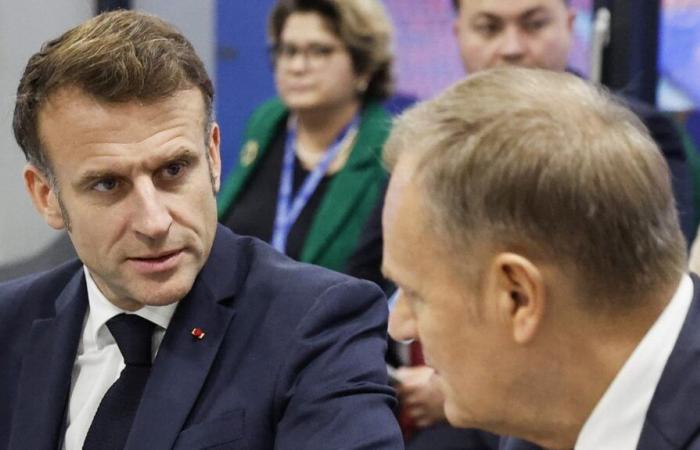
France assumes its role as spearhead of opposition to the EU-Mercosur treaty. Strong of a “democratic mandate” after the vote of deputies and senators, respectively Tuesday 26 and Wednesday 27 November, against the free trade agreement in preparation, Paris has a “legitimacy to defend the 'no' voice before the Commission and the European Council”welcomed the Minister for Foreign Trade, Sophie Primas. But concretely, can France hope to see its opposition overcome it?
The Council of the European Union, made up of ministers from the 27 member states, must approve the agreement between the EU and Mercosur by qualified majority. It is necessary that 55% of the member states (i.e. 15 out of 27), representing at least 65% of the total population of the EU, express a vote in favor of the treaty, explains the institution's website. France therefore has no chance of stopping the signing of the free trade agreement on its own. On the other hand, it can constitute, under two conditions, a blocking minority. To do this, it would need to bring together three other countries which would represent with it more than 35% of the population of the European Union, explains the EU Council website. In this case, the agreement would be rejected and the project suspended.
This system prevents sparsely populated states from having disproportionate influence by coming together as a group of four, while preventing the most populous countries, such as France and Germany, from being able to block a decision on their own because of their population.
So, for several days, France has been trying to rally other countries to its cause. Questioned on Saturday on franceinfo, the MEP (Renew) Valérie Hayer assured that “France is active in working towards a blocking minority”. Among these “other countries” presenting “serious doubts” regarding this agreement, the MEP cited “Ireland, Belgium, the Netherlands, Italy, Austria, Poland and even Romania”.
On Tuesday, Polish Prime Minister Donald Tusk confirmed this position, telling the press that “Poland will not accept the free trade agreement with the Mercosur bloc in this form”. The Italian Minister of Agriculture, Francesco Lollobrigida, had for his part, on November 18, considered that the treaty “in its current form is not acceptable”before being disowned by his Foreign Affairs colleague, Antonio Tajani. In Austria, it was the Minister of Labor and Economy, Martin Kocher, who expressed possible reluctance from Vienna, declaring to wait “that a text be presented” before you can “discuss it”. In short, doubts and signals, but nothing that allows us to know how the 27 will vote on D-day.
According to Eurostat reference data, the 27 member countries have 451,028,881 inhabitants. To defeat the adoption of the EU-Mercosur agreement, France and its allies would have to represent at least 157,860,108 Europeans.
Between them, France and Poland total 105,967,712 inhabitants. It remains to find two other allies, representing at least 51,892,396 inhabitants. Italy alone would make it possible to reach this level of 35% of the European population, but there would then remain another country, whatever it may be, to convince.
On the other hand, if Italy gave the green light to the treaty, the blocking minority would be compromised: even with the votes of Austria, the Netherlands, Belgium and Ireland, the anti-Mercosur states would not do not bring together the famous 35% (with 150,373,129 inhabitants between them). Support from other countries, such as Romania, would then be essential to overcome this milestone.





